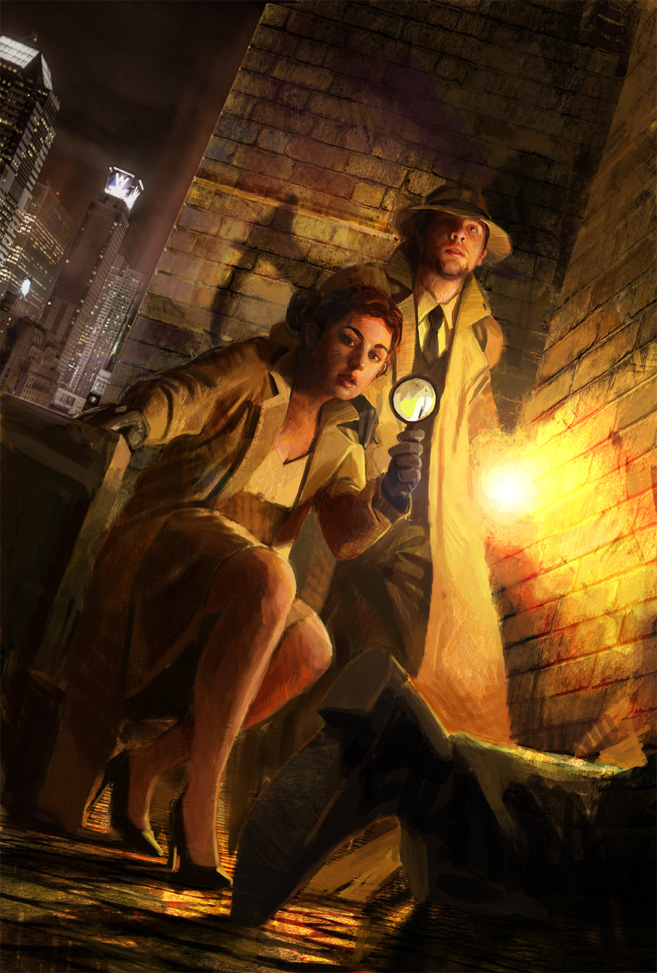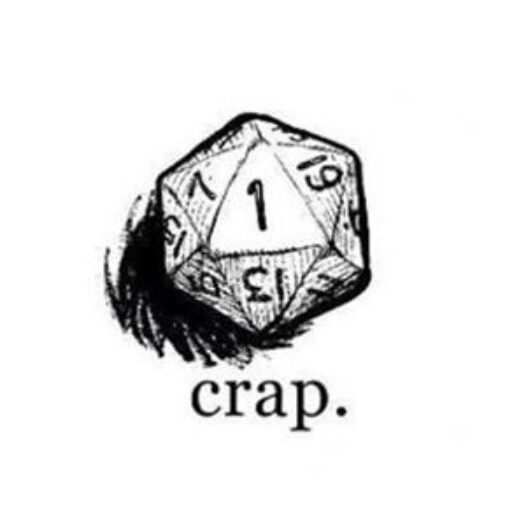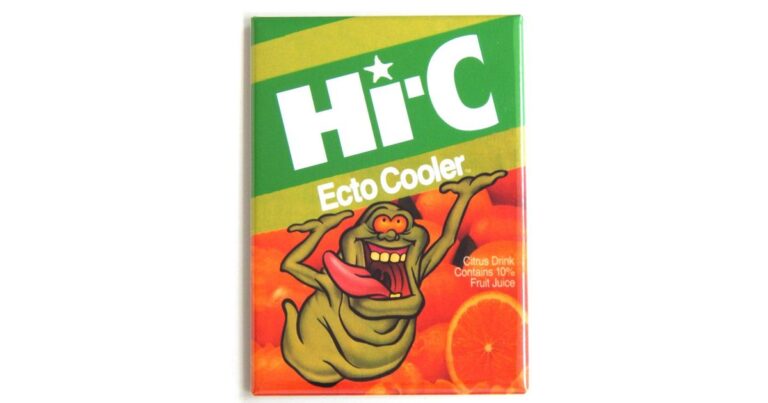Is Call of Cthulhu the best Roleplaying Game of all time?
Of course it is. Arguing whether or not some other game might be better is like arguing that cheese isn’t the best dairy product of all time. It definitely wasn’t the first and it might not be your favourite and it might not be scratching your itch right now. There have even been missteps, sure. But it brought something new and unexpected, it has inspired far-and-away the best games-writing in RPG’s short history, it still holds up after all these years and what it does, it does really really well.

The 7th edition is, I think, the farthest the rules have deviated from their original, but they don’t deviate far. Say what you will about Dungeons & Dragons, between the original game and the latest iteration is a pretty big stretch. Really only the subject matter stays the same, although much improved. CoC’s subject matter hasn’t strayed from the original formula.
There are spinoffs from core CoC – versions that incorporate more of a pulp adventure feel, Delta Green which is a modern take, medieval CoC etc.
The differences between 2nd and 5th edition CoC were minimal if they were even noticeable at all. 7th edition streamlines a few things and introduces a small sprinkling of new mechanics, so in that respect it’s a big change in CoC terms. But the subject matter remains completely the same: ordinary people discovering something in the backwoods of New England that makes their brains leak out their ears and then they have to roll new characters.

Anyway: Call of Cthulhu is a cosmic horror roleplaying game set in the 1920s where the players play those whose investigations have brought them closer than is strictly healthy to Unknowable Horrors Too Powerful To Comprehend. What we know as reality and existence is just a thin facade that can be too easily stripped away once you know a little of what lies beyond. These Horrors are typically not villainous, their motivations aren’t usually that fathomable. Instead they are malign cosmic entities whose very presence in our universe is incompatible with our survival as a species, sanity, and reality as we understand it. And that’s a lot for an Antique Dealer or Librarian or Professor of Linguistics to deal with.
While there may be mundane dangers to contend with, there’s not much point in putting together a bunch of tough player characters, because they won’t last very long trying to be tough with a flying polyp from before time. Guns and tough guys are handy to have, but not too many are needed, just enough to keep the padlocks blowing open and the enraged cultists at bay. No, when you’re looking for a powerful, long lasting Call of Cthulhu character, you’re looking to create a very thorough researcher with a strong sense of self and a yellow streak a mile wide. On those narrow, quivering shoulders the fate of humanity may rest.

The basic mechanic for CoC has always been a percentile test; rolling under your Library Use skill’s percentage means you succeed at reading the weird old book. Its signature mechanic though is measuring your character’s sanity. You can lose damage/hit points, but you can also lose Sanity. Losing big chunks of sanity will cause breakdowns, flip-outs and unpleasant âepisodes’. Losing all your sanity and the filter your brain applies to the universe to make it manageable and not constantly terrifying is torn away. Your character doesn’t die… the Keeper gets him/her. And he/she becomes one of the ravening nutcases intent on ending humanity’s brief anomalous existence.
The 7th edition adds a few welcome modern touches to this basic set up:
- To make it easier all your stats/attributes are percentile based now too. Making a roll based on brute strength is no different than any other skill test.
- Instead of having the percentile modified (-20% to hit) which is a fiddle and relies on you being told by the Keeper all the time, there are Hard and Extreme tests, with Hard being half your usual percentile chance and Extreme being 1/5th of your usual percentile chance. Fortunately space is made on the character sheet to have these noted down. There are some tests that may only require a simple success, but if you achieve a number so low that you’d qualify for an Extreme or Hard success, you can assume that it’s an extra kewl success or tiebreaker, in the case of opposed rolls.
- If a player has an advantage in a situation (careful planning, beneficial environment etc) then they get to roll an extra d10 when calculating the 10s portion of their Percentile check and they choose the best result (I assume); whereas if the character is disadvantaged, they roll an extra d10 and take the worst.
- Players can Push (Their Luck) and retry a failed test… on the understanding that if they fail the second time something really bad will happen.
- The Luck mechanic and the Idea check mechanic have changed a bit, but they’re not huge factors. Idea is for when you as a player don’t know what the fuck is going on and shows how likely your Keeper is to give you a hint. It’s a crummy training wheel mechanic and always has been. Luck is more or less just floating points to help you out when you really need them/are tricked into thinking you really need them.
The mechanics of the game have never been the main draw though. It was set up to not be an overly complex system because the game must keep flowing and the tone – important maybe more than any other game’s tone – can’t be maintained if you’re monkeying around with excessively granular game mechanics.
More than anything else, it is a game of investigation. The plots and machinations are slowly revealed and if the players don’t stay on target and dig into the situation, they’re definitely boned. If they do diligently chase down leads, gather evidence and muster resources and put them all together in the right way…. they’re only maybe boned.
Our shared love of Mansions of Madness has, I think, a lot to do with how easy it is to put all that work in and fail, dramatically. I think we’re probably at a 70/30% win rate with MoM and even then some of the wins are pyrrhic and/or only relative victories rather than actual triumphs. Player character deaths will happen – not for cheap plot shocks, not even for yucks (Hey Paranoia!), but because their opponents are so monstrously more powerful than they are and also because the game is a meat grinder, slowly wearing down even the most fortunate and durable investigators. That’s as it should be, because against the malevolence beyond the veil of sanity there can be no great triumphs.





